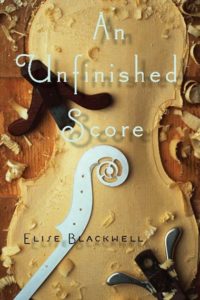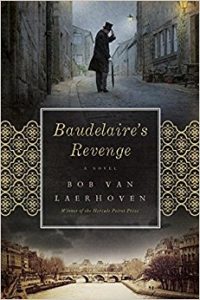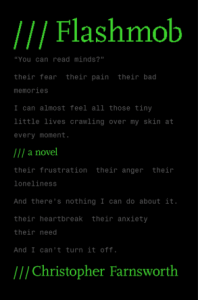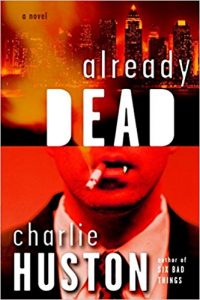I was an early reader, and back in elementary school, if I liked a book, I read it many times. So often, in fact, that my parents would ask why I wasn’t reading something else. It struck me as a strange question and my answer was always “But I love this book!”
I still have my childhood copy of The Three Musketeers and the binding is loose, pages have disappeared and it looks like it might have gotten mixed up in one of their sword fights. My copy of Cheaper by the Dozen, a story of a colorful family of twelve kids, is almost as battered. Just looking at them brings back happy memories of sinking into magical narratives. Both books inspired me to become a writer myself.
Later on, I would find myself drawn back to favorite novels from college courses like Women in Love and The Portrait of a Lady.
But as my range of interests expanded, there were so many books I wanted to explore than I’d re-read something only occasionally. And when I became a book reviewer for The Detroit Free Press, The Washington Post, and other papers, keeping up with my assignments meant that there wasn’t time to re-read books.
 Now that I review less often, I’m able to visit with books I especially enjoyed and my latest rediscovery is Elise Blackwell’s An Unfinished Score. This is actually my third encounter because I read it a second time when I assigned it in a creative writing workshop. Students loved it, and it’s not hard to see why.
Now that I review less often, I’m able to visit with books I especially enjoyed and my latest rediscovery is Elise Blackwell’s An Unfinished Score. This is actually my third encounter because I read it a second time when I assigned it in a creative writing workshop. Students loved it, and it’s not hard to see why.
In glistening, powerful, evocative, poetic prose Blackwell takes us into a world many of us will be familiar with–a troubled marriage–and one more remote: the life of a woman violist who’s a member of a string quartet, is married to an aloof, unhappy composer, and has been having an affair with a famous conductor.
Despite her secret life, this world is full of camaraderie and joy. However, making music itself can be sad because “something real and loud in the air…disappears from all but memory. Sometimes Suzanne strains to imagine the music still living, playing on in some version of reality not organized by time, all its notes together like colors in black paint or white light. It might be a place, she thinks now, in which you can love two people without diminishing either.”
The book opens with a shock: Alex, the conductor, dies in a plane crash and as soon as she hears the news, Suzanne’s life becomes painfully bifurcated. There’s everything normal she does each day, and there’s the howling void inside of her. Not long afterward, a phone call from out of the blue changes her life, and the book becomes even more dramatic as Suzanne is drawn into a bizarre new relationship.
Blackwell deeply understands the routines of the musician’s life, and the mysteries. As a writer, she excels at sense detail, at creating idiosyncratic characters, and imbuing every page with a love of music. And there are plot twists worthy of a mystery.
Reading An Unfinished Score made me sorry I’d given up piano lessons years ago, but even if you’ve never played a single note, you’re likely to find Blackwell’s novel thrilling, passionate, and hypnotic.
Lev Raphael teaches creative writing online at writewithoutborders.com and is the author of twenty-six books in genres from memoir to mystery.








